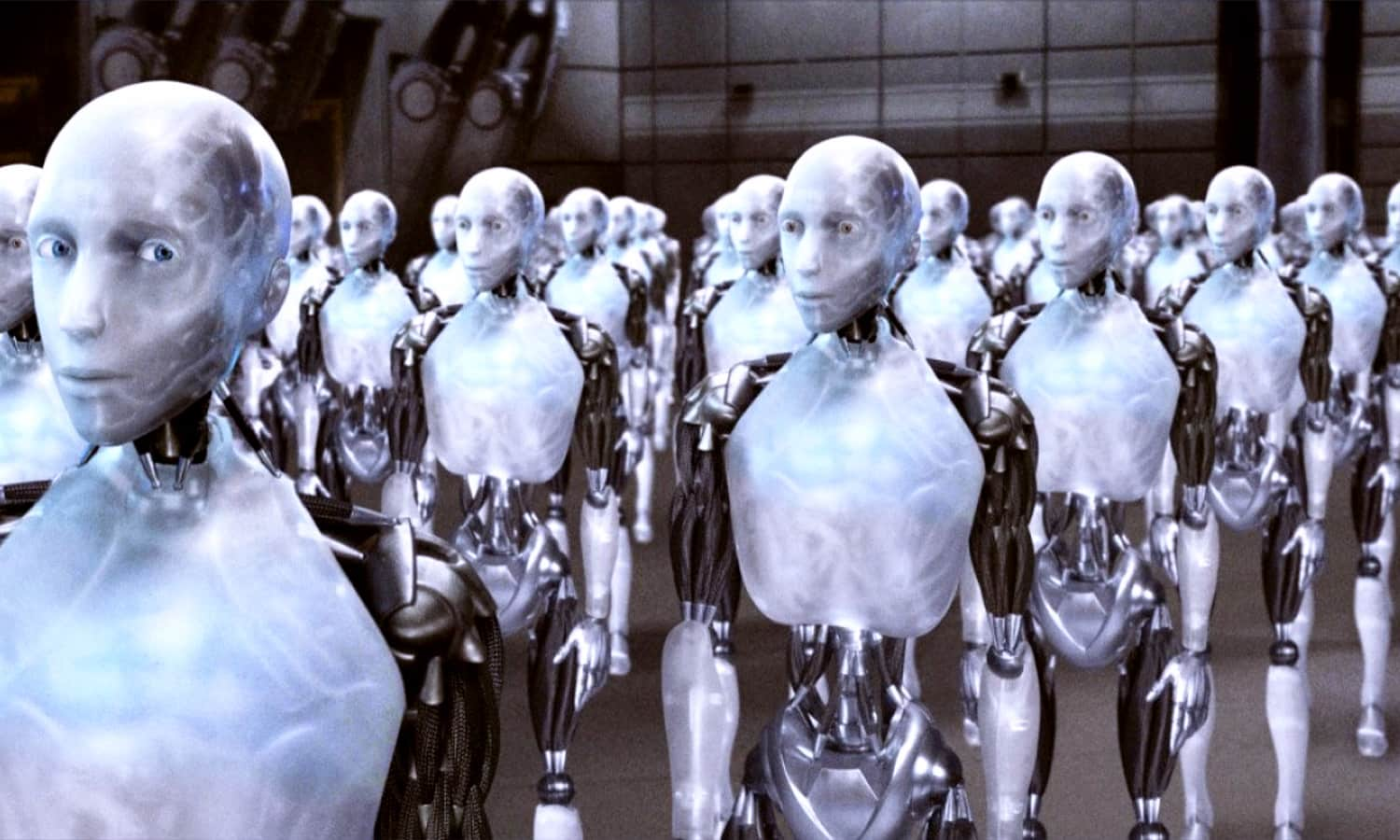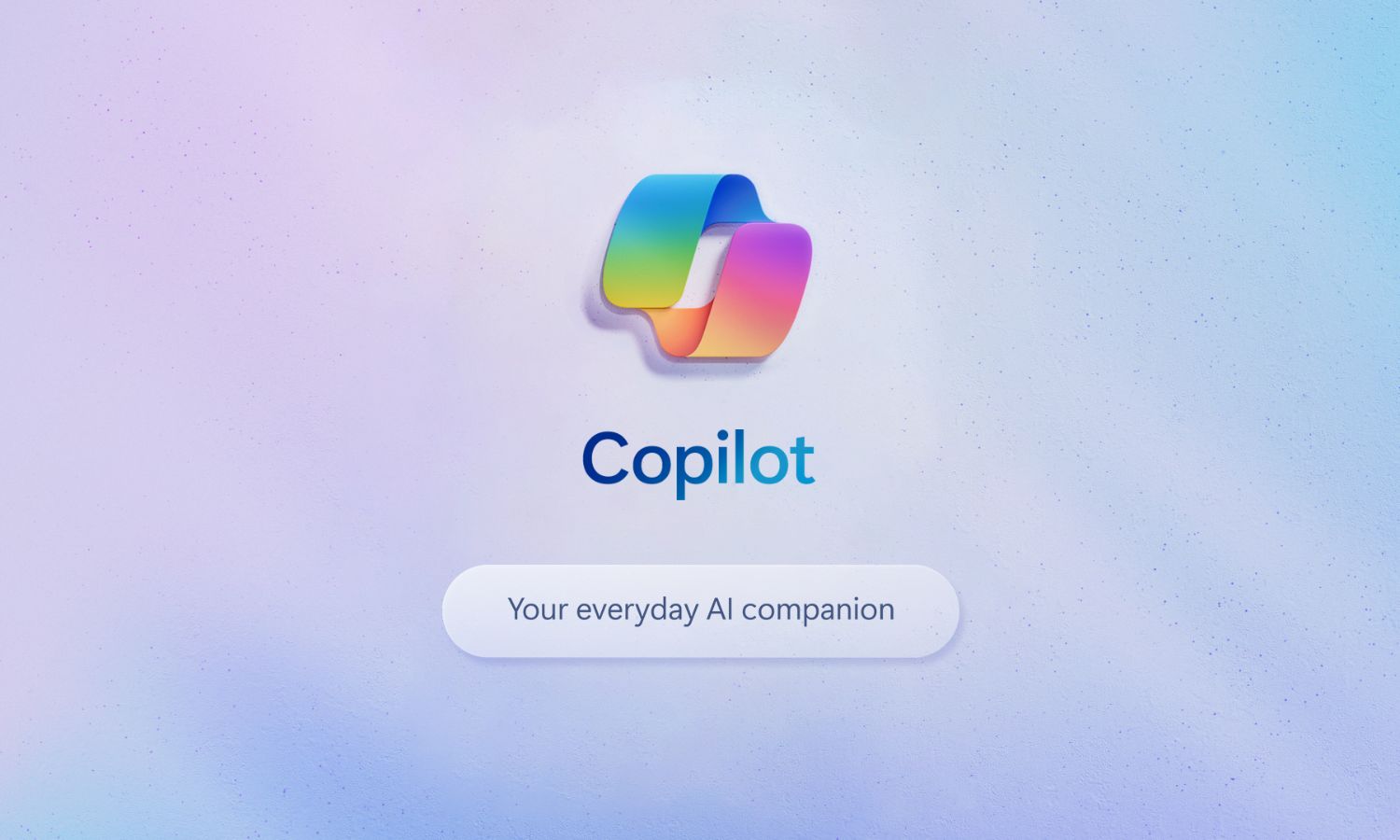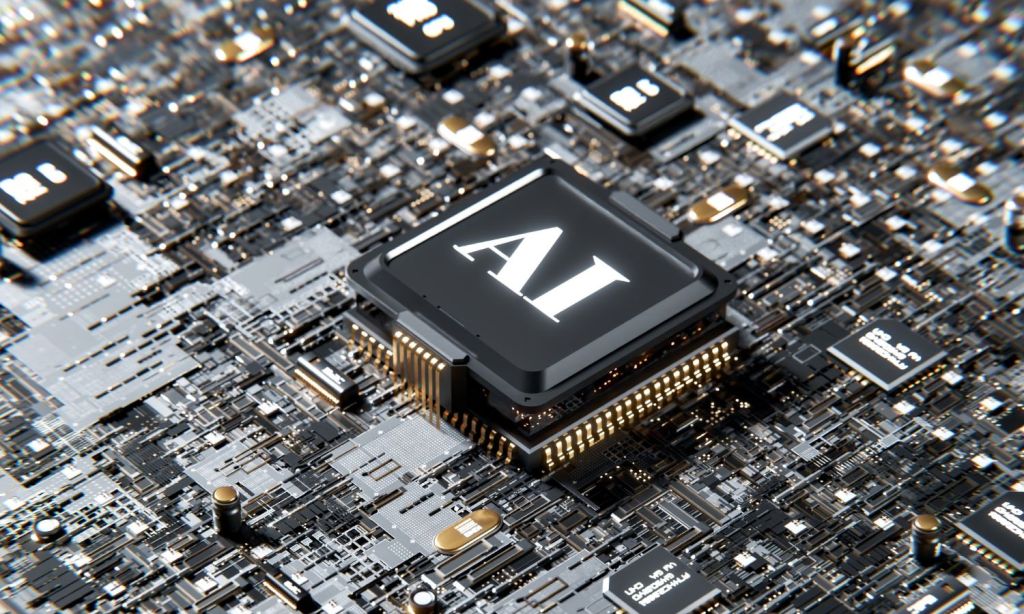This time last year, ChatGPT was just starting to crack into mainstream consciousness. In the subsequent 12 months, the floodgates of artificial intelligence were well and truly flung open, and AI became the buzziest buzzword to define the year that was.
In 2023, AI was boasted about, banned, and brandished by virtually every big tech player from Google, Amazon, Microsoft, Apple, and, of course, Elon Musk. If you thought that the technology was a passing fad, destined to stay in yesteryear, the fact is that this train is only just beginning to pick up speed.
Experts are predicting that 2024 will see strides in AI that will make 2023 look like the days of dial-up. Here’s where we expect to see AI moving in 2024.
Job Losses and Adaptation

Fears over the mass unemployment of workers at the digital hands of AI have been growing for years. In 2023, those fears were realised.
A report from ResumeBuilder of 750 business leaders using AI found that 37% of them said AI had already replaced workers. 44% further believe that AI efficiency will drive layoffs in 2024 as the technology advances and is further adopted.
Goldman Sachs published a report stating that AI could replace the equivalent of 300 million full-time jobs while PWC stated that a third of respondents to its annual global workforce survey were worried that their role would be replaced by AI. Google has recently said as many as 30,000 of its own staff could be laid off thanks to AI.
The term ‘AI exposure’ has become a new way to gauge how likely your own position is to be disrupted by AI. The UK’s Department for Education released a first-of-its-kind survey into the impact of AI on the job market and found that consultants, accountants, and psychologists were the most at risk of being replaced by AI. Economists, statisticians, mathematicians, legal professionals, civil engineers and others were also flagged as having a “very high likelihood” of being impacted by AI.
This chimes with another survey released by Indeed, which found that software developers, IT operations, mathematicians, and legal, accounting, and communications professions could be easily performed by AI in its current form. Business Insider also identifies these sectors as highly AI-exposed.
While job losses and disruption are set to continue in 2024 and beyond, what many experts are saying is that those who are better prepared for the job market shift will be the most likely to weather it.
“AI won’t take your job,” economist Richard Baldwin told the World Economic Forum last year. “It’s somebody using AI that will take your job.”
Personal, Useful AI

If 2023 was the year of AI hype, 2024 is when AI becomes useful. We’ve all had a play with ChatGPT and Midjourney, and while these applications are fun, they’re not always the most practical.
The CSIRO have reported that they expect to see the AI hype die down in 2024 to be replaced by the normal, everyday use of AI as it becomes more ubiquitous.
“In 2024, hundreds of millions of people will be using the increasingly advanced features of AI in their everyday work and life. Already some 54 per cent of global consumers are using AI every day, and we’ll see this increase significantly next year,” Judy Slayter, head of the NAIC’s Responsible AI at Scale think tank, told the CSIRO.
“By the end of 2024, many of us will have an AI-enabled assistant. This will be either personalised to our individual needs or leveraging the increasingly ‘intelligent’ embedded assistants in the products and services we use every day.”
A similar prediction was made by none other than Bill Gates last year when he said that he expects everyone will have an AI-powered personal assistant or “agent” within five years.
“In the near future, anyone who’s online will be able to have a personal assistant powered by artificial intelligence that’s far beyond today’s technology,” he wrote on his personal blog.
“Agents are smarter. They’re proactive—capable of making suggestions before you ask for them.”
Gates envisions AI agents that will be able to book you a table at a restaurant it thinks you’ll like based on its understanding of your tastes and preferences, along with other deeply personalised planning.
Already, we’re seeing moves in this direction, with Microsoft having launched its Copilot programme and Google having its own Bard. These are only set to get more useful and more knowledgeable about us over the coming year.
Artificial General Intelligence

This one is a huge stretch, but 2024 could be the year that humanity makes significant strides towards artificial general intelligence.
This, in a nutshell, is AI that is smarter than people. It is not geared towards one specific task but can approach anything. It will learn faster than us, have access to the entire internet, and be able to reason and think more acutely and creatively than humans.
There is a lot of debate around what AGI would actually look like and mean for the future of civilisation. For one thing, if AGI can be created that is smarter than humanity, it stands to reason that it, too, could create an even smarter version of itself. If that is possible, there is no limit to the speed of technological advancement – and no guarantee that future AGI generations will have any regard for human life or morality.
Some theorists term this point the ‘singularity’ and, while most experts put the date for the creation of such powerful AI sometime in the 2050s, others say that the rapid advancement of large language model programmes could fast-track that advancement to within the next five to 20 years.
Although it’s more of a semantic point, others still argue that ‘proto-AGI’ could come even sooner. One analyst has it that OpenAI’s next model, the successor to GPT-4, could even be described in such terms. The company has already been at the centre of wild rumours that they accidentally created something along those lines with their not-so-secret Q* project. The mysterious firing of CEO Sam Altman and other staff, word on the street has it, may have something to do with this.
While it’s highly unlikely that the singularity will arrive before the next 12 months are up, 2024 is bound to be a big year for the development of AI in that direction.
Related: In China, Mourners Are Resurrecting the Dead Using AI
Related: The Next Industry to Lose Jobs to AI? Influencers
Read more stories from The Latch and subscribe to our email newsletter.







